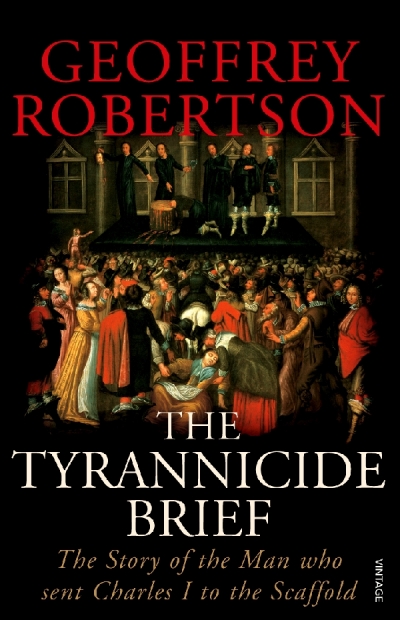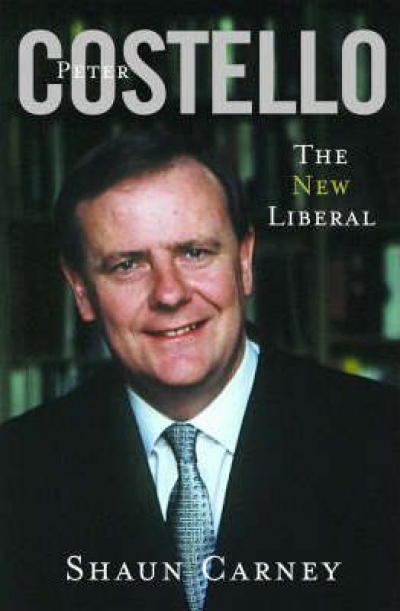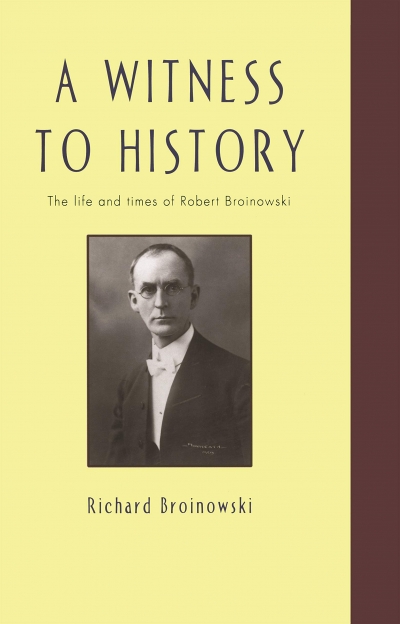John Button
ABR welcomes letters from our readers. Correspondents should note that letters may be edited. Letters and emails must reach us by the middle of the current month, and must include a telephone number for verification.
... (read more)The Tyrannicide Brief: The story of the man who sent Charles I to the scaffold by Geoffrey Robertson
by John Button •
A Witness to History: The life and times of Robert Arthur Broinowski by Richard Broinowski
by John Button •



